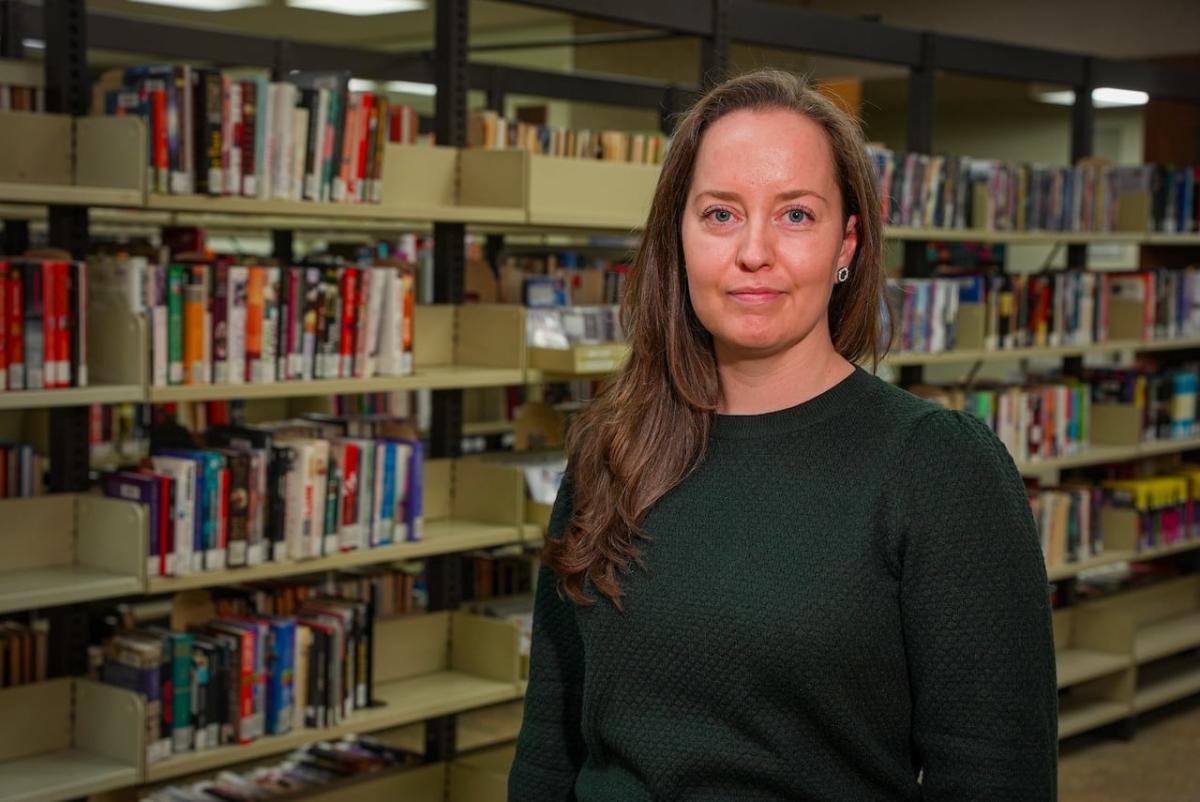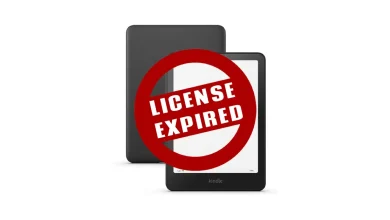
We independently review all recommendations. Purchases made through our links may earn us an affiliate commission. Here’s how it works.
Libraries Are Drowning in E-Book Waitlists—And It’s Only Getting Worse
If you have ever tried to borrow a popular e-book from your library and found yourself at number 600 in line, you are not alone. Libraries in Ottawa are having a hard time meeting demand. Some waitlists even last for over a year. It is not just because more people want to read. The main problem is the strict pricing and licensing rules from publishers.
The Long Wait for Bestsellers
Take Kristin Hannah’s The Women—Ottawa Public Library (OPL) has 75 digital copies, but that’s barely making a dent. Over 1,200 people are waiting, which means some readers might not get their turn for over a year. Louise Penny’s The Grey Wolf isn’t much better, with 750 readers in line for 50 copies. Even non-fiction fans are feeling the pain—Jonathan Haidt’s The Anxious Generation has 300 people waiting on just 26 copies.
And that’s just a few examples. According to Sarah Macintyre, OPL’s division manager of client services, this problem isn’t limited to a handful of books. “A diverse readership means many books generate hundreds of holds,” she explains. “It’s a significant challenge when demand completely outpaces availability.”
E-Book Demand Has Skyrocketed Since the Pandemic
This isn’t exactly new—e-book checkouts have been rising for years. But when the pandemic hit, demand exploded. Between 2019 and 2023, OPL’s digital borrowers jumped from 50,000 to over 77,000, and e-book checkouts soared past 1.1 million in just one year.
The issue? Libraries don’t just buy e-books the way you buy a Kindle title. They pay two to six times more for digital copies than physical books, and they don’t even get to keep them forever. That means budgets are stretched thin, forcing tough choices about which books they can afford to stock.
If you’re tired of waiting, investing in an e-reader might be worth considering. Devices like the Kindle Paperwhite or the Kobo Clara Colour often go on sale, making it a little easier to build your own collection.
Publishers Aren’t Making Things Easier
According to the Canadian Urban Libraries Council (CULC), the root of the problem lies with the Big Five publishers—Hachette, HarperCollins, Macmillan, Penguin Random House, and Simon & Schuster. These companies place strict limits on how libraries can buy and lend e-books.
Here’s how it works: Instead of owning a book indefinitely, libraries license e-books, often for just 12 to 24 months or a set number of checkouts. After that? They have to buy them again. On top of that, publishers delay high-demand new releases for months, ensuring they sell as many retail copies as possible before letting libraries offer them.
“It’s a stark contrast to physical books,” says Mary Chevreau, executive director of CULC. “Libraries buy print titles once and keep them indefinitely—until they’re worn out or ‘well-loved.’ There’s no equivalent for e-books, where licensing replaces ownership.”
For those who prefer a more long-term approach to digital reading, Supernote’s A5 X2 offers a durable alternative that combines e-reading with note-taking features.
Libraries Are Trying to Adapt—But Is It Enough?
Libraries are finding new ways to adapt. OPL has started lending programs that let users borrow e-books from other libraries in Ontario. They have also set up an “express collection.” This collection includes popular books that anyone can grab first—no waiting involved, just chance.
Readers are changing their habits. Some are putting holds on different formats, like print, audiobook, and e-book, to increase their chances. Others are spreading their holds across many books so they don’t get stuck waiting on one. At the same time, audiobooks are becoming very popular. Services like Kobo PodToo are making them easier to access.
Still, for lasting change, experts like Chevreau argue that publishing industry policies need reform. “Restrictive pricing practices need to end for libraries to meet the needs of their communities,” she says.
At the end of the day, libraries are doing everything they can to meet demand, but unless publishers change their approach—or legislation forces their hand—frustratingly long waitlists aren’t going away anytime soon.




